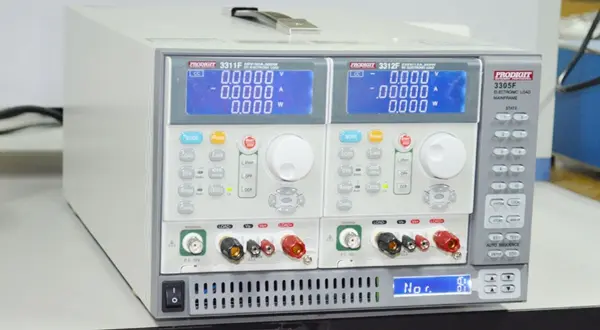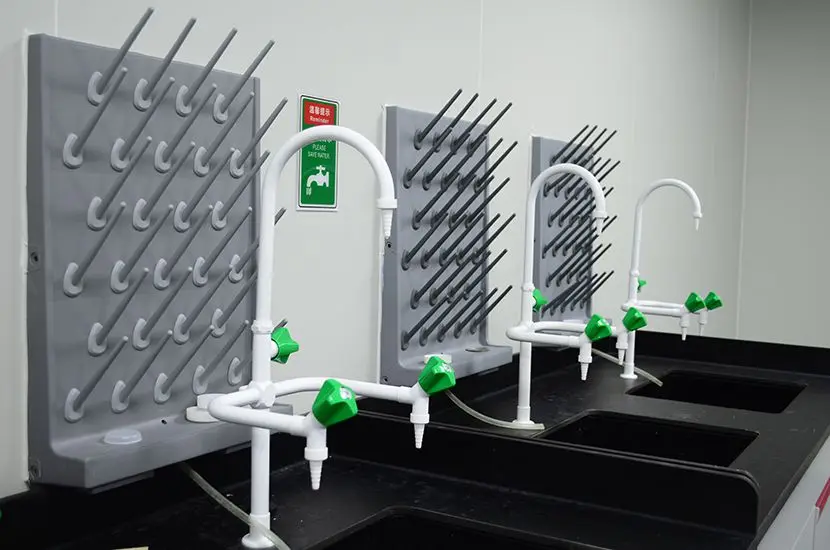
Difference between KCC Certification and KC Certification
KC Certification (Korea Certification) is the safety certification system for electronic and electrical products in Korea. It is implemented based on the Mandatory Safety Certification System under the Electrical Appliances Safety Management Act, effective from January 1, 2009. The Korea Technology Standards Institute (KATS) is responsible for kc certification.
KCC (Korean Communications Commission) stands for Korean Communication Certification. KCC is responsible for the certification of telecommunications equipment and products in accordance with the Telecommunications Basic Act and the Radio Wave Act in Korea.

Differences between KC Certification and kcc certification:
1. Different Purposes:
- KC Certification aims to provide consumers with clear information about the certification marks on purchased products and REDuce various certification costs for manufacturers.
- KCC Certification is a certification system for broadcast communication equipment. Any production, import, or sale of broadcast communication equipment products in Korea requires KCC Certification.
2. Different Certification Authorities:
- KC Certification is issued by the Korea Technology Standards Institute (KATS).
- KCC Certification is issued by the Korean Communications Commission (KCC).
3. Different Technical Documentation Required:
- KC Certification requires technical documentation such as safety certification application, product manuals, parts lists, insULation material catalogs, product circuit diagrams, agency authorization letters (if applying through an agent), marking labels, factory inspection forms, detailed specifications, and preparation samples (quantity depends on product type).
- KCC Certification requires technical documentation such as test samples, test standards (KS standards, IEC standards, customer-provided standards, etc.), selection of test purposes, manuals (technical information, setup methods, usage methods, etc.), business licenses, and emc testing fees.
4. Different Nature of Certification:
- KC Certification includes mandatory and voluntary certification.
- KCC Certification is mandatory in Korea, and manufacturers both domestic and international must obtain Korean safety certification before importing electronic products into Korea.
5. Certification Process and Requirements:
- The KCC Certification process involves preparing materials and samples for prediction and testing, sending the samples to local laboratories in Korea, arranging for laboratory testing, and submitting the test report to the Korea Radio Research Agency (RRA). Application materials include manuals, comprehensive system diagrams, circuit diagrams, etc.
- KC Certification requires products to comply with specific safety standards and undergo factory inspections and product sampling inspections annually. For voluntary certification products, only obtaining certification through testing is required, without the need for factory inspections.
6. Certification Marks:
- The Ministry of Information and Communication (MIC) originally used the KCC certification mark. With the Korean Communications Commission replacing MIC, the certification mark has correspondingly changed.
- The KC certification mark is specifically used to identify products that comply with KC certification standards. Since January 1, 2011, the original Korean kcc mark has been unified into the KC mark. Therefore, KCC Certification and KC Certification now share the same certification mark.
Email:hello@jjrlab.com
Write your message here and send it to us
 Weee authorised representative germany
Weee authorised representative germany
 Where to Apply for 2026 Air & Sea Transport Ce
Where to Apply for 2026 Air & Sea Transport Ce
 Guide to IEC Test Reports for Lighting Exports
Guide to IEC Test Reports for Lighting Exports
 IEC/EN 62471 and IEC/EN 62778 (Photobiological Saf
IEC/EN 62471 and IEC/EN 62778 (Photobiological Saf
 How to get IEC 62471/EN 62471 Test Reports?
How to get IEC 62471/EN 62471 Test Reports?
 IEC 62471 Photobiological Safety Certification
IEC 62471 Photobiological Safety Certification
 EMC Item – Introduction to Radiated Emission Test
EMC Item – Introduction to Radiated Emission Test
 IEC 62471 Photobiological Safety of Lamps and Lamp
IEC 62471 Photobiological Safety of Lamps and Lamp
Leave us a message
24-hour online customer service at any time to respond, so that you worry!




